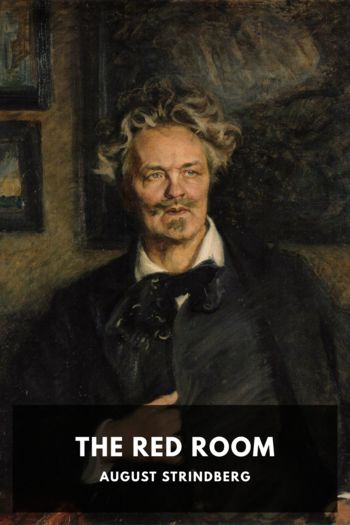End of Spies Alex Gerlis (cat reading book .TXT) 📖

- Author: Alex Gerlis
Book online «End of Spies Alex Gerlis (cat reading book .TXT) 📖». Author Alex Gerlis
‘It’s like that in the bunker: beady eyes looking at you all the time. Everyone does it – I probably do it too. So I have to be careful, Wolfgang. I will have to leave the bunker at the last possible moment; to do so before that would be suicide. But if I know that you are making arrangements for me, that my fate is in your hands, I will feel more confident. That will help sustain me during the difficult times ahead.’
They’d discussed the route of the escape line and how Bormann would contact him. Steiner gave him the telephone number of the farm and they agreed a code – a message from Jens, a cousin in Essen.
‘Make a note of these contacts in Berlin, Wolfgang: it may be easier for us to make contact through one of them.’
Once Bormann was satisfied that Steiner had memorised the details, they agreed they needed a code name for his escape.
‘Kestrel would seem appropriate in more ways than one, Reichsleiter, what with your connection and the route.’
They agreed. It would be the Kestrel Line.
Der Fluchtweg Falke.
The night before he left for Berlin, Wolfgang Steiner took Ulrich and Friedrich into the barn. They sat facing each other on bales of hay, a bottle of schnapps on the floor between them. The light of the full moon flooded the barn in an ethereal blue light.
Wolfgang said they were to listen very carefully and not interrupt him – he looked pointedly at his son as he said this. ‘I don’t know when I’ll be back, but it will be at least three days, probably longer. I want you to be gone long before I return. Do you understand that?’
They assured him they did.
‘Wait for twenty-four hours after I’ve left and then get on your way. The journey to the next point in the Kestrel Line will not be an easy one. You remember all the details about where you’re to go and how to get there?’
Once again they assured him they did, and he said they ought to; they’d been through it often enough.
He left early the next morning, embracing his son in the knowledge that he might never see him again. For a moment as he held him by the shoulders, he could see Friedrich’s mother’s profile and her deep blue eyes – even the shape of her ears – and this brief resurrection of his late wife took him aback. He pulled the boy towards him and held him tight as the tears welled in his eyes.
Back in February, he’d prepared an identity for just this eventuality. He knew he was taking an enormous risk, but he’d calculated that once the war was over, such an identity would carry a certain cachet to it, if that was the right word. He hoped it would afford him a degree of privilege, with people understandably unwilling to question him too closely.
Max Stein was a man similar in age to him from the Berlin district of Reinickendorf. Because of his situation, Stein wouldn’t be expected to have much in the way of paperwork, which was part of his appeal. There was a dog-eared identity card, though, stamped with a red ‘J’ to show he was Jewish.
Stein and his family had been among more than sixteen hundred fellow Jews on Majestic 33, the thirty-third transport from Berlin to the Auschwitz death camp. According to the records Steiner had found, the family had assembled at the old people’s home on Grosse Hamburger Strasse on 3 March 1943 before being taken to Putlitzstrasse station in the Moabit. They’d reached Auschwitz the following day, and all had perished within hours of their arrival.
Max Stein’s story would be that he alone of his family had in fact survived. After a series of death marches in late 1944, he’d ended up at Buchenwald and had been there when the camp was liberated. Steiner was counting on people feeling it was not right to question Stein too closely: the poor man had been through hell as it was.
He avoided shaving for a couple of days, and his shabby clothing was two sizes too large for him. He thought he looked credible to a degree, though he doubted the identity would hold up to concerted questioning.
He left the farm early on the Thursday morning. The man who collected the milk gave him a lift in his lorry and dropped him near a bus stop. Once he was sure no one was around, he went into a wood and changed into his Max Stein clothes, then caught a bus to Passau. He decided that his best bet was to take the most direct route to Berlin, so he headed due north, entering the Soviet zone south-west of Chemnitz. The identity held good in Dresden; he’d planned on staying the night there, but so little of the city was left, he decided to move on. An obliging Red Army officer gave him a lift to Leipzig and told him how his own family had perished at one of the





Comments (0)